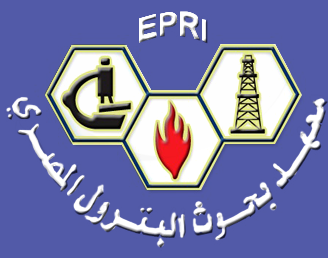Article Type
Research Paper
Abstract
This work aims to develop new microbial fuel cells MFCs by combining new electrode and selective membranes using biochemical reactions catalyzed by bacteria. The obtained results provide a simple methodology to develop and produce a new microbial desalination cell (MDC) by combining new polymerically modified electrode and selective ion- exchange membranes (cation and anion).
The process is a simple method for successful production of microbial desalination cell (MDC) in which the setting-up of the MDC was performed by combining new polymerically modified electrode and selective membranes. To enhance the electrode conductivity to be suitable for electron transferring, carbon cloth (CC) material was treated with a conducting polymer. Poly(3,4-ethylenedioxythiophene) (PEDOT) was used for this treatment. The growing of PEDOT nanostructures on CC substrates was performed through a facile one-step hydrothermal method. In combining with the AEM and CEM, this polymerically modified electrode was successfully used to produce microbial desalination cell (MDC).
Finally, the water desalination process that was carried out proved that an electric current can be easily obtained through electrons that result from chemical reactions that take place due to the presence of bacteria, as this electrical energy is effectively useful in desalinating water.
Keywords
microbial fuel cell, hydrothermal polymerization, bacterial growth, water desalination
Recommended Citation
Mahmoud, E.A.; Taha, E.O.; Shaker, N.O.; Kandil, U.F.; and Taha, M.M. Reda
(2024)
"Cost Effective Microbial Water Desalination Cells,"
Egyptian Journal of Petroleum: Vol. 33
:
Iss.
2
, Article 5.
Available at: https://doi.org/10.62593/2090-2468.1014
Creative Commons License

This work is licensed under a Creative Commons Attribution-NonCommercial-No Derivative Works 4.0 International License.







